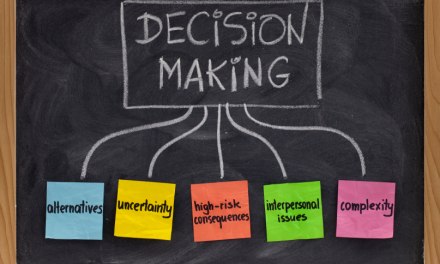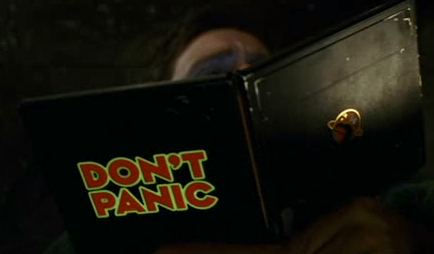If you’ve recently found yourself on the sober end of addiction, congratulations. You’re starting a new chapter in your life that was no doubt preceded by trials and tribulations. But, bills continue to pile up so there’s no time to celebrate. Keep reading for ways to make sure the overdue stamps don’t continue to invade your mailbox.
- Ask your family for help. We’ll start with perhaps the most difficult aspect of your recovery: asking those you’ve hurt for help. Throughout the throes of addiction, you likely did things uncharacteristic of your sober self. You may have lied, stolen or put loved ones in danger. Hopefully, you still have a network of support and you will need to learn to lean on them while you pick yourself up. Rebuilding trust is no easy feat but if you have a friend or family member willing to let you crash on the couch, you will have to do just that temporarily.
- Polish your resume. You’ll no doubt be looking for a job. You can increase your chances of finding the right opportunity if you take the time to look over your resume and make adjustments where necessary. This will require some work on your end. Many hiring managers recommend customizing your resume for each specific position. You might, for instance, highlight customer service skills instead of experience in accounting if you’re applying at a call center.
You will also need to be able to explain gaps in your employment. Don’t be ashamed to let your potential employers know the reason for the blank space. You cannot be discriminated against for former drug use and your potential employers may even appreciate your honesty.
- Learn to navigate the gig economy. Since you will need more than a place to stay and a resume, you can start to earn an income by taking advantage of the gig economy. The gig, or sharing, economy is simply the process of working for yourself and taking on projects or assignments from multiple sources.
As a recovering addict, one good option may be to offer your services as a dog walker or pet boarder. Americans spend more than $60 billion each year on their pets – 24/7 Wall St. notes that millennials alone drop nearly $2,000 per year on their dogs. Dog walking is an in-demand service that you can do with very little experience. As an added benefit, spending time with animals is therapeutic and may aid you in your recovery journey.
Other options include selling handmade goods online or at local markets or teaching your own skill set, whether it’s music, woodworking, or dance to others.
- Up your education. If money is tight and you don’t have any experience, you may be able to contact your local labor board to inquire about employment training opportunities. Similarly, there are numerous free online resources for adult education. Bookkeeper Business Launch is one example. Depending on where you live, you may qualify for free community college, even if you’re over the age of 18. Tennessee Reconnect offers state residents tuition-free education, while adults in the Milwaukee area may qualify to finish their degree for free through a local technical college. Your rehabilitation counselor or mentor may be able to point you in the right direction.
Now is the time to plan for the rest of your life. It takes lots of hard work and dedication and you may have to mend some burnt bridges along the way, but you can reclaim your life, even while you work to make ends meet in the process.
Guest blogger Rufus Carter has been in recovery for 9 years. For the past 6 years, he has worked as a personal trainer. His website, recoveringworks.com, organizes resources for anyone in recovery who is trying to choose their career path. With the site, he hopes to help those in recovery create fulfilling and lucrative careers.













